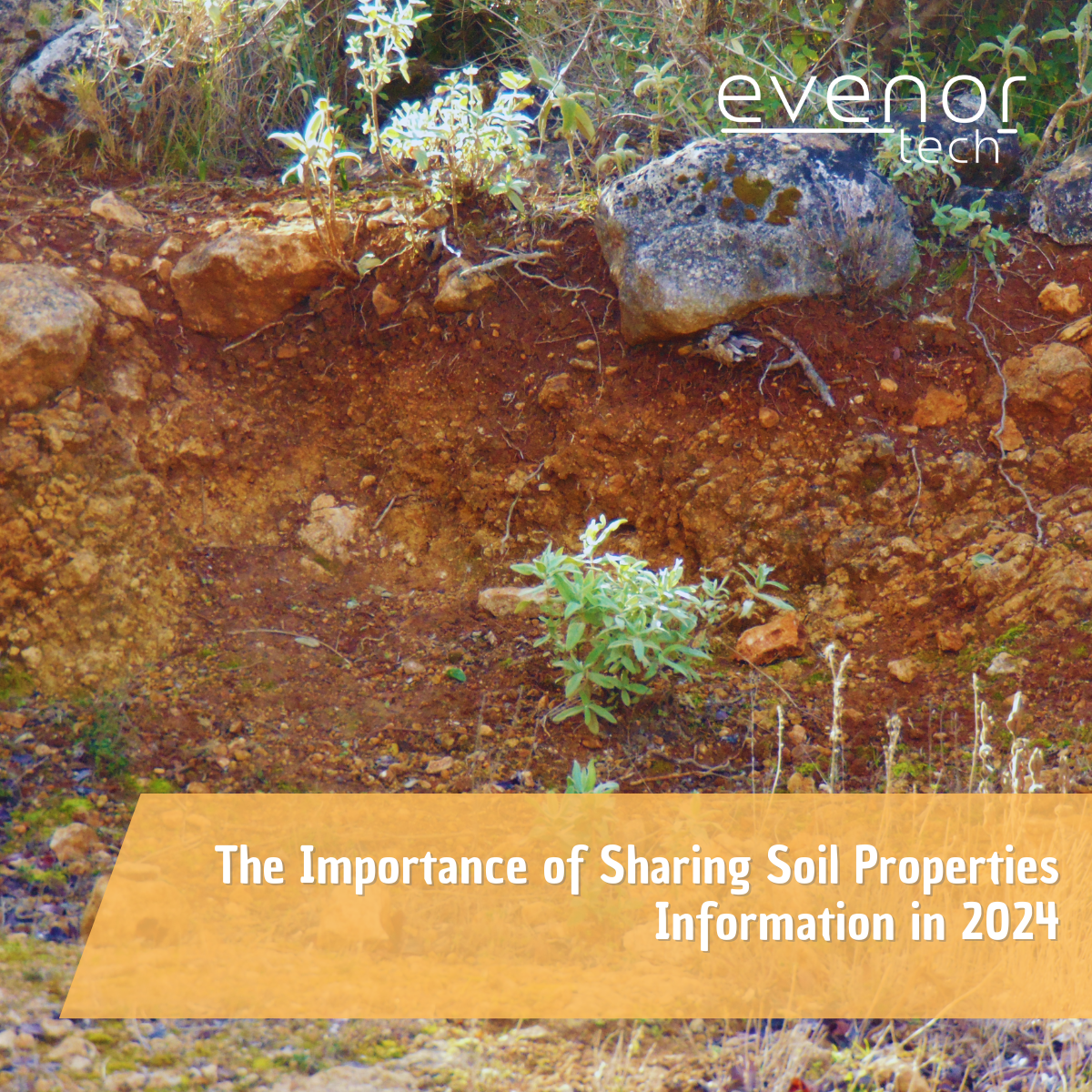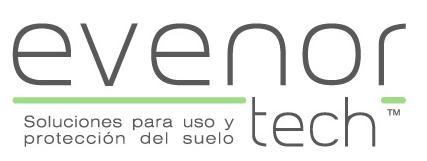
n 2024, World Soil Day shines a spotlight on the pressing need to share and standardise soil properties information, likening it to the genetic material essential to life. These properties not only determine the ecosystem services that soil can deliver but also form the foundation for sustainable land management, territorial planning, and effective policymaking. Factors like human activity, climate change, and inherent land characteristics significantly influence soil behaviour. Initiatives led by organisations like Evenor-Tech are critical in harmonising and improving soil management practices globally.
The Role of Soil Properties in Ecosystem Services
Soil properties serve as the pillar for its ability to provide critical ecosystem services, such as water regulation, biodiversity support, and carbon storage. Climatic conditions, human practices, and inherent soil characteristics (parent material) profoundly affect these services. Understanding and sharing this data is crucial for achieving balanced and sustainable land management.
Technological Advances for Interoperability
Evenor-Tech has pioneered innovative methods to harmonise and standardise soil information, making comparisons across databases possible. This facilitates services such as:
- Agricultural consultancy: Offering precise data to improve crop yields.
- Territorial planning: Designing strategies informed by soil capabilities.
- Policy evaluation: Providing a scientific basis for effective measures.
The EU Soil Mission and Related Projects
Aligned with the EU Soil Mission’s goals to restore soil health, Evenor-Tech is actively engaged in multiple research projects. These initiatives span both European and regional levels, leveraging a multidisciplinary and technology-driven approach.
Key Projects Led by Evenor-Tech in 2024
SteamBioAfrica: Clean Energy from the Soil
This project explores generating renewable energy from invasive vegetative species in Botswana, Namibia, and South Africa. It also assesses the impact of climate change and land use on soil properties. A standout innovation from this initiative is TERRENVIRON, a tool employing artificial intelligence and remote sensors to monitor soil properties dynamically.
NOVASOIL: Innovating for Soil Health
NOVASOIL focuses on developing business models that incentivise investments in soil health. With a multidisciplinary approach, it is creating a «Tool-Box» to evaluate the viability of various models from economic, social, and environmental perspectives.
MRV4SOC: Monitoring Soil Carbon
This project aims to develop advanced techniques for monitoring and verifying soil carbon. Using process-based models, it seeks to optimise carbon management and assess the feasibility of these techniques in areas like the Green Corridor of Guadiamar.
DeepHorizon: Exploring the Subsurface
DeepHorizon delves into how changes in subsurface properties affect ecosystem services. This project includes creating a harmonised database built from measurements at over 40 study sites, advancing a comprehensive and standardised approach to soil analysis.
Conclusion
Managing and sharing soil properties information is essential to tackling global challenges such as climate change and environmental sustainability. The efforts spearheaded by organisations like Evenor-Tech and their involvement in innovative projects illustrate how data can be transformed into effective tools for improving soil health and optimising its use. In 2024, collaboration and interdisciplinary approaches will pave the way for a more sustainable future.

